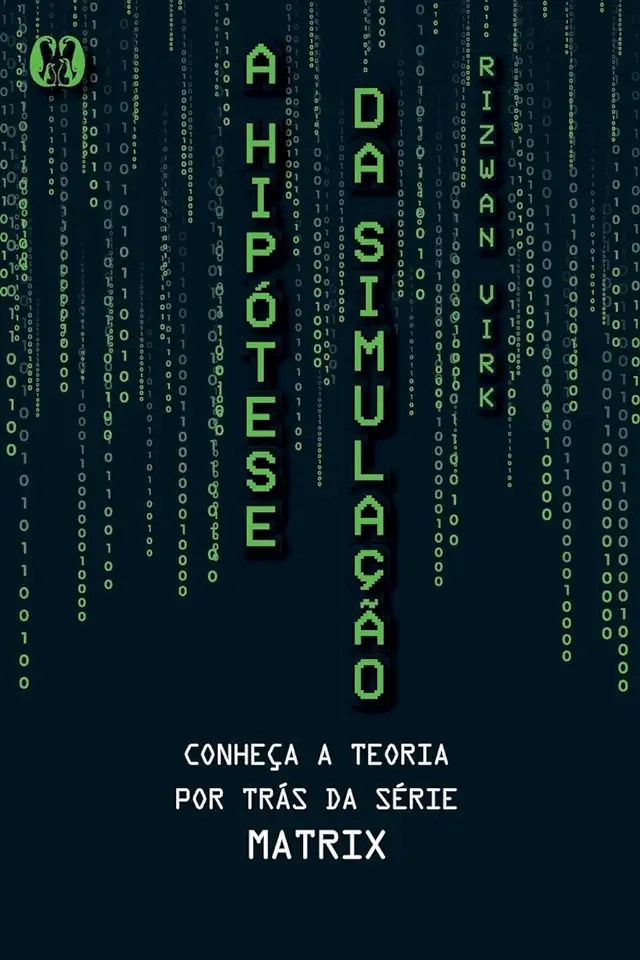
The Simulation Hypothesis - Virk, Rizwan
The Simulation Hypothesis: A Revolutionary Look at the Reality of Our Existence
In his groundbreaking book, "The Simulation Hypothesis," Rizwan Virk presents a compelling argument that our universe is a simulation. Drawing on cutting-edge scientific research and philosophical thought, Virk argues that the evidence increasingly suggests that we are living in a simulated reality.
A Universe of Illusions
Virk begins by exploring the nature of reality and the limitations of our perception. He argues that our senses are unreliable and that our brains are constantly filtering and interpreting the information we receive from the world around us. This, he suggests, makes it impossible for us to know for sure whether what we experience is real or an illusion.
The Evidence for Simulation
Virk then presents a wealth of evidence to support the simulation hypothesis. He discusses the laws of physics, the nature of consciousness, and the behavior of the universe itself, all of which, he argues, point to the conclusion that we are living in a simulated reality.
For example, Virk points out that the laws of physics seem to be fine-tuned for life. The universe is expanding at just the right speed to allow for the formation of stars and galaxies, and the laws of chemistry are perfectly suited for the development of complex life forms. This, he argues, is unlikely to be a coincidence and suggests that the universe was designed for a purpose.
Virk also discusses the nature of consciousness. He argues that consciousness is not a product of the brain, but rather a fundamental property of the universe. This, he suggests, is evidence that we are living in a simulated reality, as consciousness is not something that can be created or destroyed by physical processes.
Finally, Virk examines the behavior of the universe itself. He points out that the universe is constantly expanding and evolving, and that new stars and galaxies are being created all the time. This, he argues, is evidence that the universe is not a static entity, but rather a dynamic and evolving system. This, he suggests, is consistent with the idea that we are living in a simulated reality, as a simulation would need to be constantly updated and changed in order to remain realistic.
The Implications of Simulation
Virk concludes by discussing the implications of the simulation hypothesis. He argues that if we are living in a simulated reality, then it has profound implications for our understanding of ourselves, our place in the universe, and our future.
For example, Virk suggests that if we are living in a simulation, then it is possible that we are not alone. There may be other simulated universes out there, each with its own unique set of laws and conditions. This, he argues, could have a profound impact on our understanding of our place in the universe and our relationship with other intelligent beings.
Virk also argues that if we are living in a simulated reality, then it is possible that we can control our own destiny. We may be able to change the laws of physics, create new life forms, and even design our own universe. This, he suggests, could give us the power to create a better future for ourselves and for our planet.
Conclusion
"The Simulation Hypothesis" is a groundbreaking book that challenges our most fundamental assumptions about reality. Virk presents a compelling argument that we are living in a simulated reality, and he explores the profound implications of this for our understanding of ourselves, our place in the universe, and our future. This is a must-read for anyone interested in the nature of reality, the future of humanity, and the possibility of other intelligent life in the universe.
Enjoyed the summary? Discover all the details and take your reading to the next level — [click here to view the book on Amazon!]